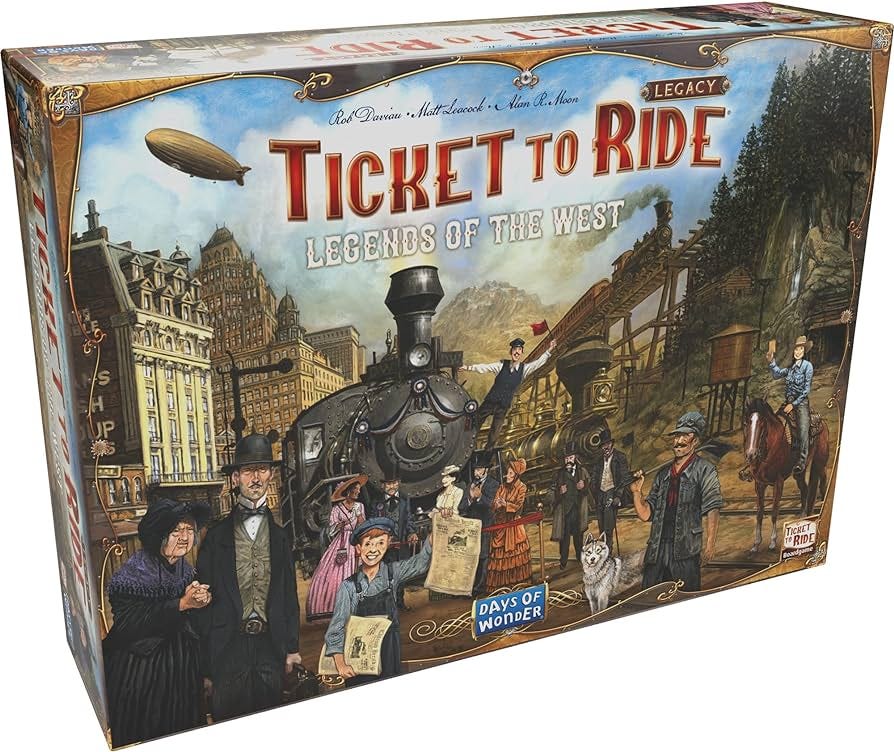Writers need to look after each other.
So often, we’re in thrall to things we cannot control.
For a long time, all we could do is desperately send our work off to agents in the hope that one of them would make a connection. Wishing that a publisher would take a chance.
Then the internet arrives and we see a new way, where we take charge of our own publishing and utilise the internet to go direct to readers with ebooks and print-on-demand. We can email readers directly, and they can respond.
Instead we jump into bed with Amazon, along with all the readers, which was cosy for a while but now the springs have all gone out of the mattress.
At the same time we invent blogging. The blogosphere flourishes and networks are formed between writers and readers. It is a golden age in which anyone can have a website and write whatever they wanted. You just need a server and you are your own person.
Then we give it up for social media. It becomes harder to find each other, even as these new networks claim to do just that. Blogs aren’t in fashion anymore. It’s al about shorter text. Tweets. Microblogging! Fewer and fewer words.
Eventually, the words go away altogether. Audiences want audio. Podcasts are the new future. No, not audio. Images! Photos, filtered and perfected slices of unlikely lives. Wait, not images! Video. Pivot, pivot, pivot. Fire the journalists. Get rid of the writers. Hire the videographers. Juice the stats, Zuck.
Writers keep writing, because that’s what we do.
Innovative new ways of reaching readers emerge. Quietly, out of sight. Endless sites appealing to a new generation of younger readers now coming of age. Wattpad, Inkitt, Tapas, Royal Road. Mass readership is on the table, as long as you don’t mind giving everything away for free.
All this time, a select few keep on sending out their newsletters, writing, building up their lists. Old school. So old school it was back in the 90s, when email was still new and exciting. So old school everyone ignored it for decades.
Crowdfunding emerges. Direct patronage seems like a new hope, a way for readers and writers to work together. Patreon, Unbound, Kickstarter, Ko-Fi. A clearer exchange between creator, provider and audience.
Social media platforms throw a grenade into society, then collectively dissolve into a puddle of manufactured anger and enshittification1. We spent a decade building our social media presence, and then it’s just gone.
From the ruins come the subscription services. Music, film and TV had primed audiences for a new way of paying. The Nu-newsletters combine the old and the new: Substack, Ghost, Buttondown, Beehiiv. Writers going straight to readers, and readers able to offer support directly.
At last, are we free?
Until we are reminded that we are not. The behaviour of the corporations providing our tools continue to rock the foundations.
All it takes is one unpleasantly super-rich American. They can’t help themselves.
Writer are always relinquishing control to a third party. Constantly jumping from one gatekeeper to another. There are ways to be more independent, but that clarity of conscience is accompanied by invisibility. Especially for newer writers.
And all the while the machines are learning, and multiplying. People rich with investment but creatively bankrupt attempt to wrestle the very act of creation away from artists. AI will come for us all.
There is an inherent vulnerability to creating art. That’s what makes it exciting. That’s what makes art exciting, the act of creating and exploring. I wish simply existing as an artist could be less fraught.
Something does feel different this time. The connections between writers and between writers and readers are stronger. We’re no longer isolated from one another, in our own little publishing bubbles. That gives us power.
Protecting yourself as a writer
I’m trying to be more conscious of this stuff in 2024:
Always keep multiple backups of your writing2
Be sure to periodically download an archive of your publication3
Don’t lean too heavily on the brand of your current toolset/publishing platform
Don’t rely on social media to promote your work; even if you’re doing well now, it only takes one tweak of an algorithm.
Do start a newsletter if you haven’t already. It remains one of the most reliable and sustainable ways to keep in touch with readers.
Don’t over-commit to a schedule you can’t keep up with. Nobody wants to burnout. A healthy writer = more and/or better writing.
Connect with other writers. It can open up new opportunities and make the process even more enjoyable.
Supporting writers if you’re a reader
I mean, we’re all readers, right?
Follow them on social media, sure, but see if they have a more permanent and direct way of communicating. A blog, or a newsletter, that’s free from the whims of algorithms.
Writing can be a solitary, uncertain thing: if you show up and leave comments and likes, the writer knows they’re on the right track.
If you can afford it, buy their books, or take out a paid subscription to their work.
If you can’t afford it, or if you have other ways of expressing your support, that’s fine. Don’t feel pressured or stressed about it!
Sharing the work, spreading the word, and generally showing up is hugely valuable.
Read. Just read. That’s the main thing, really.
Thanks. Felt like I had to get that off my chest.
As I write this at 10pm on a Sunday evening in Norwich, Storm Isha is determined to blow the roof off our house or at the very least send the fences flying. Dramatic weather always gets my science fiction writer brain sparking.
This weekend we played the new Legacy version of classic board game Ticket to Ride. The original is a fun and relatively simple competitive game in which you build train tracks and get points for completing routes. The Legacy version applies serial storytelling to the base concept, which is of course very much my bag.
We played the Pandemic Legacy game just before the pandemic, which was excellent but could sometimes feel a bit procedural due to being cooperative. Ticket to Ride remains a competitive experience, so has a proper game at its heart. The new story aspects play out over multiple play sessions, with the idea being that you play through it with the same friends over a long period. As you play, the board changes and expands, cards are altered and even torn up, and new rules are introduced into the rulebook.
Change is the fundamental addition of the Legacy mode to these games. It’s what makes them so exciting and unpredictable. It’s also what makes most stories engaging: the idea that something or someone will change during the course of the story.
I love that serial storytelling can be applied in so many different ways. In fact, I wrote about some of them here:
Different types of serial storytelling
Let’s talk about modes of serial storytelling. I mean, to be fair, I’m always banging on about serial storytelling, but today I’m going to attempt to deconstruct different approaches across various mediums. I have definitely forgotten and overlooked some great stuff. See you down in the comments, where we can all have a collective nerd session.
I completely missed ‘board games’ from that article, having forgotten about Pandemic Legacy. A silly omission. At some point I should write a longer piece on Ticket to Ride Legacy and storytelling in board games. That would be fun.
See some of you on Wednesday for the next episode of the Babylon 5 rewatch, and then on Friday for the conclusion of the current Triverse storyline.
Photo by Jan Huber on Unsplash
See Cory Doctorow: https://www.wired.com/story/tiktok-platforms-cory-doctorow/
Ideally something off-site, such as cloud storage, as well as an external/portable drive separate to your main computer. More the merrier.
If the platform you’re using doesn’t provide this feature (eg. Wattpad), make sure your work isn’t only stored in their internal CMS.







There is so much good stuff here, and I think that I've finally realized that I need to make more connections and relationships with readers and stop being hurt that friends and family have no interest in my writing. That means doing more in-person events (an introvert's nightmare) and giving more work away for free as I prepare for crowdfunding.
Oh, and I'm going to keep learning from those who have gone before me, too 😉 Thanks for all that you do, Simon!
I have multiple accounts in multiple places, back up my work, and connect with any writer who wants to connect with me. I couldn't have built the audience I have any other way.